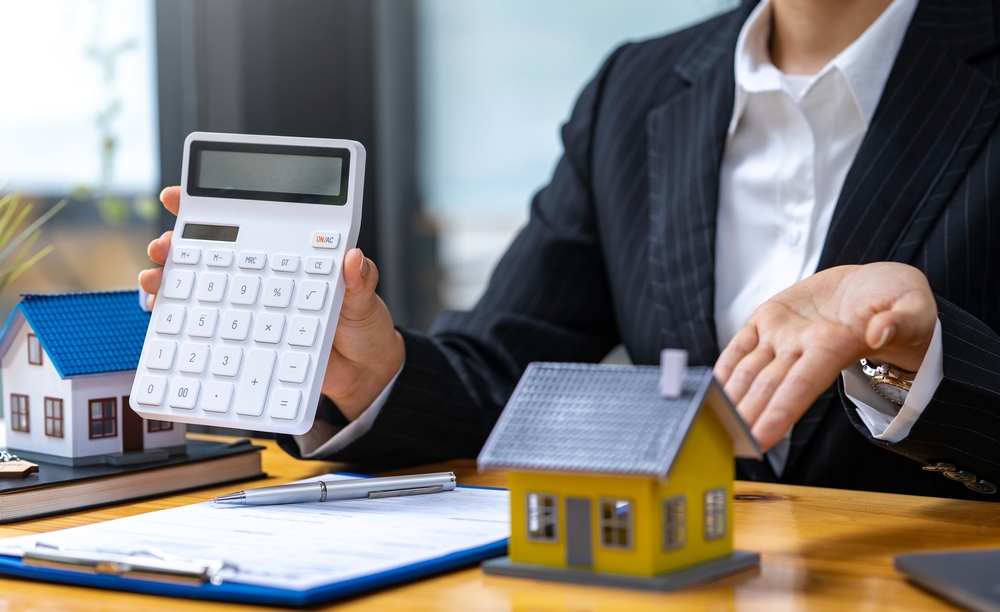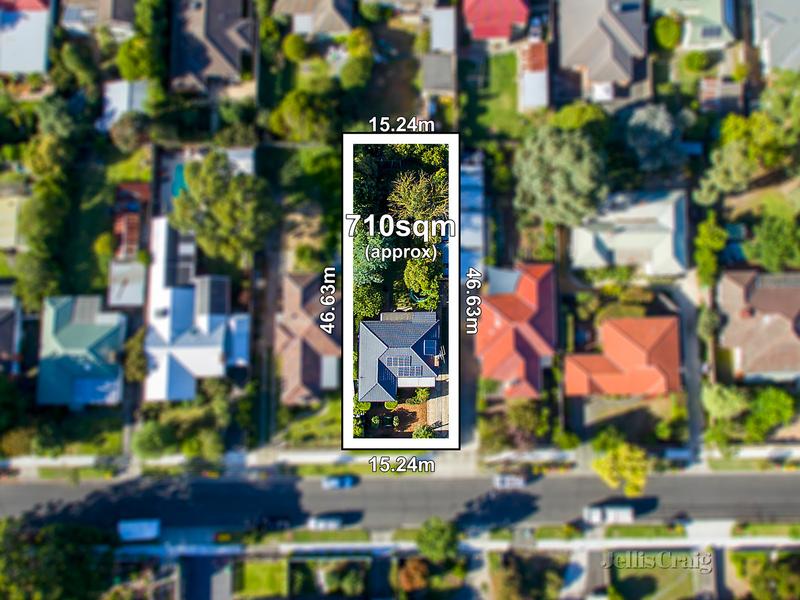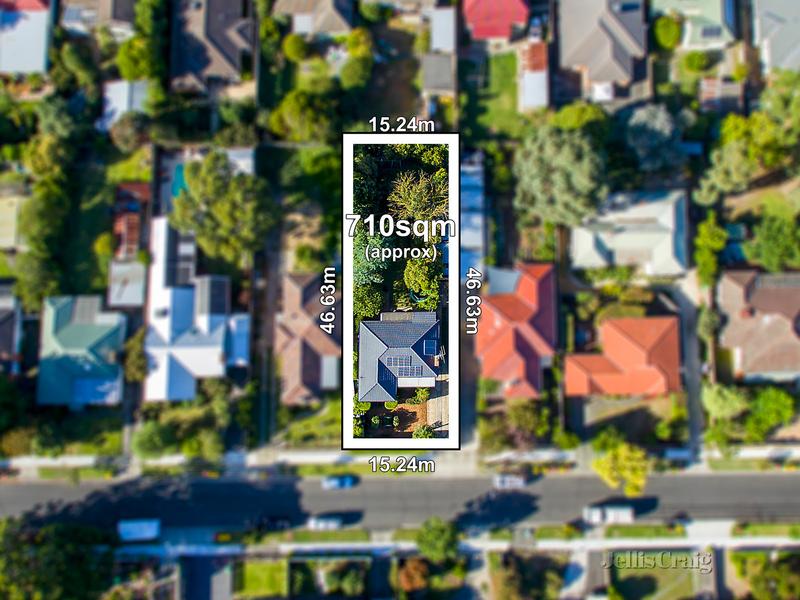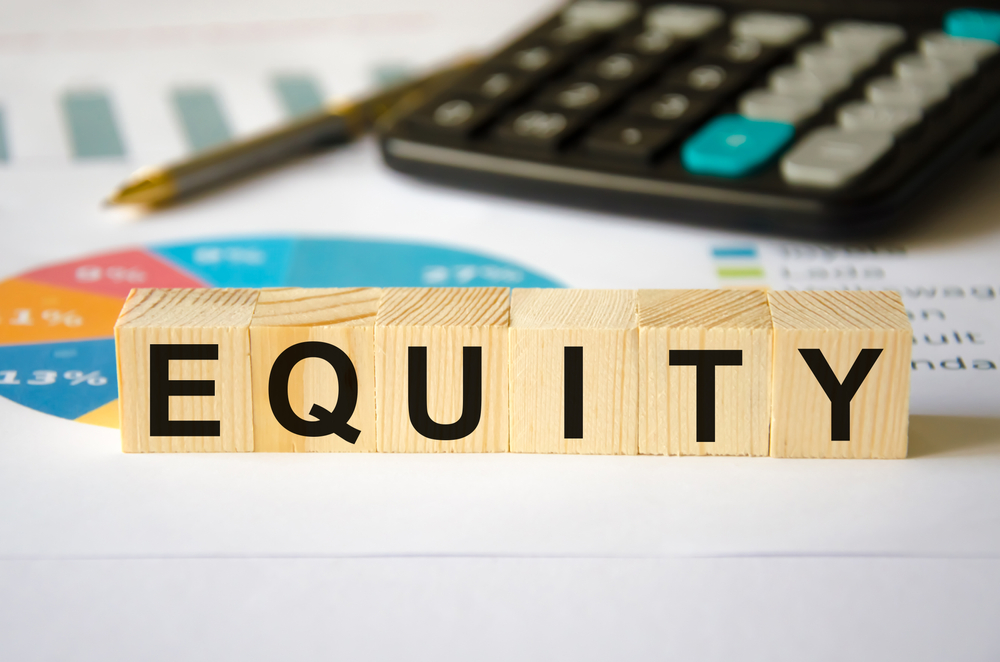
Take a look at the below and tell me if it sounds like genuine property investment advice or a Ponzi Scheme:
I know some people make this work, and congratulations to them, but it's always felt like a Ponzi scheme to me.
The critical flaw in this approach is obvious - what happens if the property market doesn't go up?
Is the investor expected to fund the rental shortfall each week indefinitely? And, when interest rates eventually rise, as we've seen this year, what happens then?
We know that high and/or rising interest rates adversely affect median $ price growth, so things can get very tough very quickly for people subscribing to this approach.
I know an awful lot about real estate, but there are still so many forces that impact the broader property market: interest rates, exchange rates, unemployment rates, consumer and business confidence, immigration and new housing supply, GDP growth in Australia/China/US/Europe, fluctuations in natural resource prices, government budgets, taxation policy, etc, etc.
All these factors and more can affect how much your property appreciates and how much equity you get access to.
So, how do you build equity independent of current market forces?
Our property investment consultants in Melbourne are here to explain, including a case study of how it can be done.
For the uninitiated, let's quickly run through what you need to know about equity.
Equity is the difference between what your property is valued at and what's remaining on your loan.
So, if you've bought a property for $1 million with a 20% deposit of $200k, then that $200k is your equity (assuming you haven't paid overs for the house).
If you've paid off more of your loan and have $600k owing, then your equity jumps to $400k.
This accumulated equity can be a valuable asset. Some homeowners choose to leverage it by using equity to buy a house or for other investments.
The above numbers look great at first but keep in mind that banks will often lend you equity based on about 80% of the total value of your property.
Or in other words, your property drops from $1 million to $800k in value for equity purposes, but the amount owing is not recalculated.
So, if you've only paid the 20% deposit and owe $800k, you can't access any equity. And if you have $600k owing, your $400k equity drops to $200k.
This is what's known as useable equity.
If you want to buy another million-dollar investment, you're going to need $200k in useable equity for a 20% deposit plus all the funds you need for stamp duty and other fees.

Making a few extra repayments or having an offset account isn't going to net you the equity you need to properly invest.
And just waiting for your property to passively appreciate is problematic, as we said off the top.
So, what do you do?
Why Property Development for Equity Growth?
I'm not just spruiking property development because I'm a property development consultant in Melbourne.
I'm doing it because I've seen with my own eyes - and my own hard-earned money - what property development can do.
Even in poor market conditions, you can dramatically improve your equity position and Loan to Value Ratio through modest townhouse developments.
Once you've found the right property with development potential, you can build equity and make good money.
Just take a look at the below development opportunity that I set up with Aden.

I helped Aden purchase a ripper little development site that really set him up for long-term investing success. Let's walk through that process.
Aden lives in Singapore but visits Melbourne every month or so. We started out by trading emails back and forth for about six months.
Aden is a smart guy - pretty conservative by nature but full of insightful questions and legitimate concerns. He's exactly the kind of person I like dealing with, and I was very happy to build a dialogue and mutual trust over time.
He met with a few other buyers advocates, and in the end chose to appoint us - mainly, from what he said, due to the analytical approach we take with everything.
Ahead of Aden's regular visit to Melbourne, I inspected about 20 properties that fit the brief, eventually narrowing things down to 3.
Each was in a different suburb, with each suburb offering something slightly different:
In the days before he visited, a couple of other properties came up for sale (one off-market) and we inspected all 5 together.
Of the five properties we inspected, we both decided on the one that allowed for immediate dual occupancy.
A dual occupancy development is one where you keep the existing dwelling and build a second in the backyard. This is an ideal scenario for a buyer whose main motive is long-term investment.
Dual occupancy provides rental income that kicks in immediately and continues throughout the construction phase. Meanwhile, the new dwelling provides tax benefits through depreciation.
The existing dwelling could ultimately be demolished at a much later date, meaning that you continually maximise the potential of the site.
When considering a site for dual occupancy, you can generally afford a higher purchase price than a typical home buyer or property investor.
All of the above assumes 0% growth in Median $ House Prices over 24 months. With sustained demand from investors, homebuyers and foreign purchasers, that is extremely unlikely in Melbourne.
We purchased the property for $1.385m at a competitive auction. It has nearly all the growth drivers we look for in an area: very desirable primary and secondary state schools, strong and improving demographics and socio-economics, close proximity to transport and hospitals, widespread gentrification, etc.
Yes, Aden bought his property in a great area and at a good price. But importantly, he's taking control of his investment by proactively growing his wealth, all with the help of experienced industry professionals.

By improving your loan-to-value ratio/debt-equity position. Most people can't do that by quickly reducing their debt. But they can do it by choosing their investment wisely and significantly increasing their property value.
Renovating a bathroom or kitchen is one thing - but property development is where the real money is (just ask Aden!)
You can access your equity via an investment loan/construction loan from your existing lender, or you can refinance with another bank for a better deal.
Instead of a separate loan, you can also get access to equity funds by applying for a home loan top-up or home loan increase. This essentially uses the equity to extend your current home loan limit. You can then use that extra cash to fund your investment or development.
Cross collateralisation is another strategy that allows you to leverage the value of your property by using it as collateral for your next investment property loan, rather than withdrawing the equity directly.
If you have enough equity in your current property to cover a deposit, stamp duty, and all your other expenses, then equity is all you need to buy an additional investment. Just keep in mind that useable equity offered by lenders may be based on up to 80% of the value of your home. You may need additional cash or Lenders Mortgage Insurance (LMI) to supplement your equity.
Using equity as a deposit can be a strategic move when acquiring another property, potentially allowing you to expand your investment portfolio without needing substantial upfront funds.
Using equity to grow your property portfolio effectively allows you to borrow 100% of the funds required. You will not need any cash deposit if you have access to sufficient equity. This is the big advantage of equity over cash. Seek financial advice on the best decision in your circumstances.
Withdrawing equity from your home means adding to your current home loan balance. This can result in higher repayments.
Here's the bottom line. You should not leave yourself at the mercy of market forces when it comes to building equity. This article has demonstrated how you can build equity through smart property investment and development.
I firmly believe that property development is less risky than property investment. As your property investment advisor and buyers advocate serving Kew East and all of Melbourne, I can help you find high-value investment properties and development sites that supercharge equity growth and stimulate your investment portfolio.